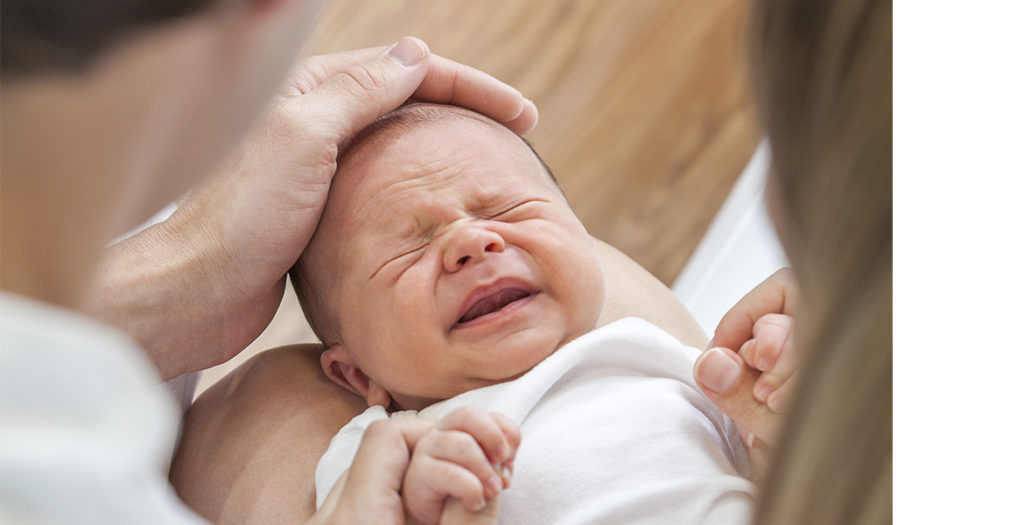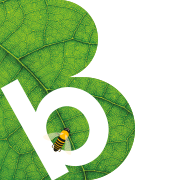
When you have a new baby, especially your first, you may not be teribly confident that you can spot a problem and may ask yourself, is my baby ill? How do you spot the signs that your baby may have a health problem?
Having a small child can be lots of fun and laughter – but when they’re ill, it can be incredibly worrying. So how do you know if you should get medical help or if you can cope with your baby at home? Babies will usually come down with at least one illness during their first year, so it certainly pays to know the signs that all is not well with your little one.
The good news is that most minor childhood illnesses can be coped with at home. Don’t forget you can call your midwife, health visitor, pharmacist or GP for advice on the phone if you’re not sure what to do; you can also call the NHS on 111 for a talk with a doctor or nurse.
Cough, colds and sore throats are usually quite easy to spot and you’ll be alerted by your little one having a runny or a blocked nose. When breastfeeding, if his tiny nose is blocked, you’ll find he keeps stopping while sucking, as a blocked nose isn’t compatible with sucking!
If your baby has sickness and/or diarrhoea, they can become unwell very quickly, as babies become dehydrated in a very short space of time. This can be life-threatening.
There are many other illnesses your child may contract in their first few months from viruses to infections, so look out for the signs that your baby is sick.
Symptoms to look out for
You should start to keep a closer eye on your child if they show some of the following signs: being restless and irritable, being more clingy than usual, being more tired than usual, sleeping more or in different patterns and being quieter in behaviour, being limp or floppy.
Also look out for a rash, fever or temperature, red eyes and a blocked or runny nose. If they don’t want to eat or drink as normal, have a cough or sore throat or have developed vomiting and diarrhoea, you know there is something not quite right.
Remember, you know your baby best; so if you think your child is not behaving as he usually would, don’t hesitate to get some help.
When to talk to a health professional
Phone and talk to your midife or doctor if your baby has:
- Diarrhoea and/or vomiting lasting more than 12 hours
- Not drinking for several hours, dry nappies, dark, strong urine – these are signs of dehydration
- A rash
- A cough; barking or rasping may be croup. Wheezing may be whooping cough
- An object stuck in any orifice; don’t try to remove it yourself, seek help
- A fever over 38 degrees C
- Any burns
- Blood in their vomit or poo
- Unusual crying, being irritable or moody for 24 hours with no reason
- Shrunken or swollen fontanelles (soft spot)
Your health toolkit
You should equip yourself with the following essentials in your First Aid Kit
- Thermometer suitable for babies
- Liquid pain remedy containing paracetamol or ibuprofen
- Plasters, bandages and pads
- Antihistamine cream
- Book or app on first aid – or consider taking a course
- Antiseptic wipes and cream
- Arnica gel for bruises
- Soap and water – still the best and most effective way to protect your family against spreading infections
- Red or sticky eyes, which may be conjunctivitis, or any discharge from eyes, nose, ears or genitals
When to take your child to the hospital
Visit if your baby has:
◗ A cut and the bleeding won’t stop
◗ Has had a fall and may have broken or sprained a limb or has a bump on the head
◗ Has swallowed something that’s not poisonous but might be harmful
◗ Has pain that won’t go away, like a bad stomach ache
When to call 999
Call an ambulance if your baby has:
◗ Trouble breathing or has stopped breathing
◗ A seizure or t
◗ If they are unconscious
◗ You think they may have swallowed something poisonous or a battery
◗ You think they have sepsis or meningitis – see below
Meningitis
There is one virus that needs immediate action and that
is meningitis. Though quite dif cult to diagnose, it can quickly become serious and even fatal, so you must act even if you just suspect it. Better safe than sorry. He may have a fever, cold hands and feet, oppiness, a stiff neck and a dislike of bright lights, crying or moaning, being drowsy, swollen fontanelles (the ‘soft spot’ on the skull) and unusual breathing patterns. There may or may not be a rash – if your baby does have a rash, put a glass against the skin and if it does not go away, it is a sign that you should act now. Take your baby straight to the hospital and tell the Paediatric A&E that you suspect meningitis.
Sepsis
If your child had had an infection and is getting more unwell, it may be sepsis, an infection of the blood. Look for blotchy skin, your baby may be cold and clammy, they may have problems breathing or show drowsiness, or he may even become unconscious. Make sure you act immediately.
